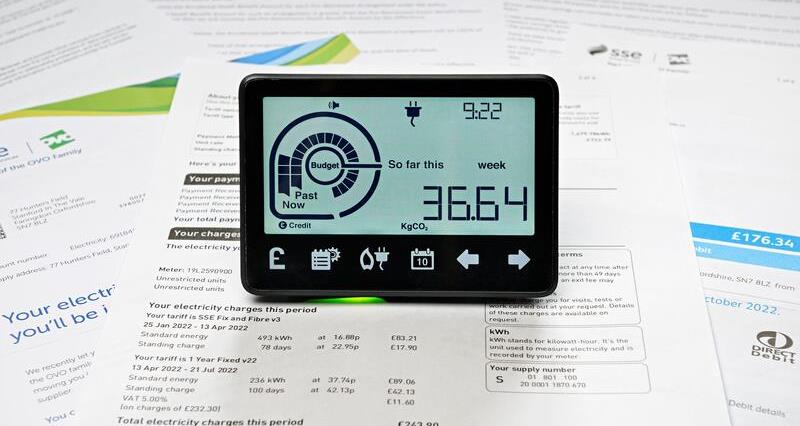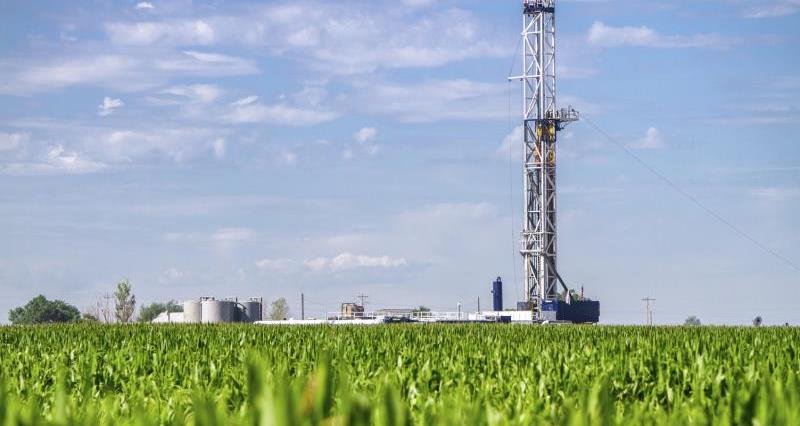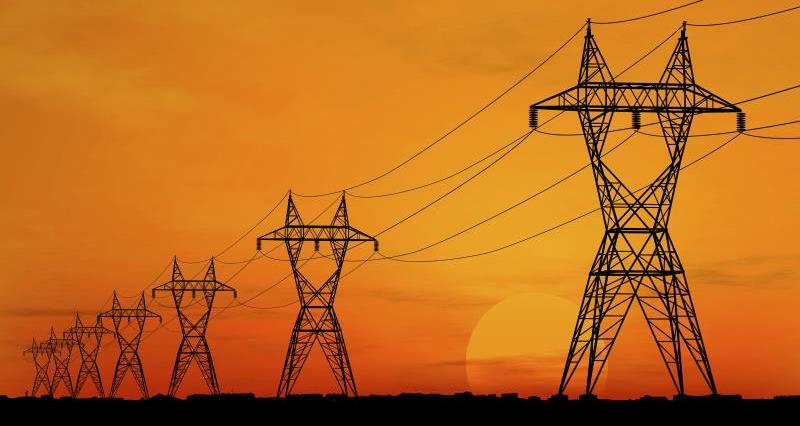From April 2023, previous energy support for businesses was replaced with the EBDS (Energy Bills Discount Scheme), which will be in place for 12 months.
While wholesale energy costs for businesses are essentially capped at the moment under the EBRS, the new EBDS offers much less protection for businesses.
The scheme was developed following a review of the EBRS, the latter of which was designed as a temporary six-month measure to protect non-domestic consumers from soaring energy costs, cutting the cost of energy bills.
The per-unit discount will be applied automatically to your energy bills for the 12 month period between April 2023 to March 2024.
We've put together guides detailing everything you need to know the new 12-month Energy Bills Discount Scheme which has replaced support under the Energy Bills Relief Scheme from April 2023 onwards.
Visit: Energy Bills Discount Scheme – how does it affect you?
Find the best deal for you
NFU Energy has unveiled a brand-new energy price comparison website to help you find the best option for your farm. Alternatively, if you'd like to speak to a member of their team, you can call them on: 024 7669 8885.
How the NFU works for you
When it was first announced that the Energy Bill Relief Scheme would end in March 2023, the NFU made the case for assistance beyond the initial six months.
Ahead of any concrete detail during September 2022, the NFU sought clarity on a number of areas key to farming businesses, from off-grid users through to concerns around escalating standing charges. A list of questions seeking more information from the government was compiled, highlighting crucial areas of concern for farmers.
The new EBDS was announced following a review which considered the market conditions at the time according to the Treasury terms of reference. During the last quarter of 2022, energy prices fell (although remain three to four times higher than normal). This may well have been a signal for government to reduce support rather than appreciating the high risk of volatility that exists in energy markets.
In response to the vulnerable position that the new support package will leave primary food sectors in, the NFU is asking for a review of the scheme.
We will continue to keep government informed of energy market developments, especially if prices begin to rise again and the impact of current costs on farming businesses.
To read the guidance for the Energy Bill Relief Scheme in full, see: GOV.UK | Energy Bill Relief Scheme: help for businesses and other non-domestic customers
To read the guidance for the Energy Bills Discount Scheme in full see: GOV.UK | Energy Bills Discount Scheme
Support on energy costs - a timeline
The new EBDS (Energy Bills Discount Scheme), replaces the EBRS support and will last until April 2024. The new support removes the cap on wholesale energy costs and instead applies a discount if the contract energy price is above a threshold price.
The energy support package will end, with additional support focusing on 'vulnerable sectors'.
The six-month scheme will be reviewed in order to assess how effective it has been and to further inform decisions around any support once the scheme ends.
The support from the Energy Bill Relief Scheme will kick in, and will apply to all contracts struck after 1 April 2022.
The government releases guidance on what the Energy Bill Relief Scheme will mean for businesses. In response to the release of this further detail, the NFU President Minette Batters writes to the Business Secretary Jacob Rees-Mogg, to welcome the scheme and highlight areas of concern as well as those where more detail is needed. Read the response in full.
Prime Minister Liz Truss announces that the government will support businesses and other non-domestic energy users via an Energy Price Guarantee scheme, due to commence 1 October. The scheme is to last for six months, but some detail is missing on the business elements of the support package. In response, the NFU develops a list of questions for government to bring clarity to key areas of concern for farming businesses.
The NFU writes to the top six energy companies to address how the huge volatility experienced by UK energy markets is having an impact on business and food production. This includes highlighting the large increases in energy prices that farmers and growers face as well as difficulties experienced securing new contracts.



